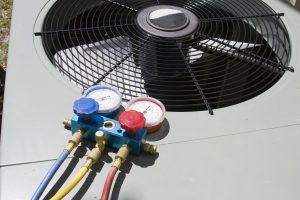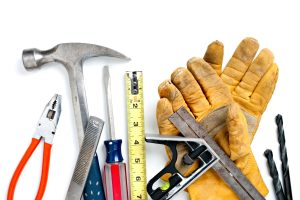Springtime in Wilmington brings beautiful blooms, sunny skies—and unfortunately, a spike in allergens like pollen, dust, and mold spores. As temperatures rise and we spend more time indoors with windows closed and air conditioners running, maintaining healthy indoor air quality (IAQ) becomes crucial.
If you or your family members suffer from seasonal allergies or respiratory issues, now is the perfect time to focus on creating a cleaner, healthier home environment. We’re passionate about helping homeowners breathe easier. Keep reading to learn simple maintenance tips, smart upgrades, and effective indoor air quality solutions that can help you enjoy a more comfortable spring season—and beyond.










